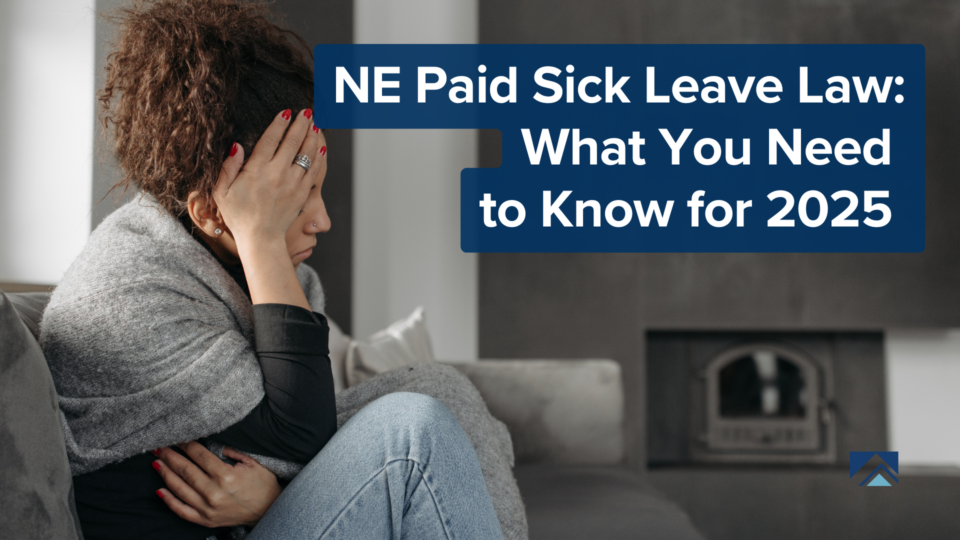As a small business owner, you have a lot on your plate — everything from accounting, marketing, and sales to product development, inventory, and hiring. With all of this to manage day to day, details like liability insurance could slip through the cracks, leaving your business financially vulnerable.
The hard truth is that nearly anyone your business interacts with — vendors, clients, or visitors — can make claims against you. These claims could cripple your operation if you don’t have the right insurance protection.
What General Liability Insurance Covers
General liability (GL) coverage can be offered as a stand-alone policy or as part of a business owner’s policy. The policy safeguards your business’s finances and reputation should a customer or other third party take legal action against you or your employees. Types of claims covered by a GL policy:
- Bodily injury: A third party is injured at your place of business or as a result of work performed away from your business. For example, a customer visits your location, trips on an electrical cord running across the floor, and injures her back in the fall. Your GL policy would cover costs such as the customer’s medical expenses and lost wages, and any court-awarded compensation or out-of-court settlements.
- Property: Your business’s actions result in damage to someone else’s property. For example, an employee damages a customer’s door frame and wall while making a delivery. The GL policy will cover costs to repair the damage. Coverage applies to real estate, equipment, supplies — anything that isn’t owned by the business at fault. In addition, if the owner is unable to use the damaged property until it is repaired or replaced, GL coverage compensates for the loss of use.
- Personal and advertising injury: Your business causes nonphysical damage to a third party through advertising tactics or other activities. For example, your employee posts on your social media page that a competitor’s product is inferior but doesn’t include any proof. The competitor claims that its reputation has suffered and sues for compensation. Your GL policy will cover these damages; however, there are some exclusions. For example, coverage does not apply if your business intentionally makes a false statement knowing it will cause harm.
If a lawsuit is filed against your business for a covered loss, your insurer will cover the legal costs to defend you, including attorney’s fees and court costs. These costs will be paid in addition to your policy limits.
What General Liability Insurance Doesn’t Cover
General liability coverage does have limits — both in dollar amounts and in the types of situations covered. The appropriate limits for your business can depend on a number of factors, including your specific industry and your business’s exposure to visitors and clients. Your independent agent can help you select the right amount of coverage for your business.
General liability insurance does not cover these types of damages:
- Injuries to employees: General liability normally does not cover workplace injuries. You need workers compensation coverage for that — and it is a legal requirement in most states if you have employees.
- Damage to your own property: Only other parties’ property is covered. General liability won’t cover your business’s property — that would fall under your business owner’s, inland marine, or commercial property.
- Intentional damage: General liability does not cover damage done purposely or maliciously.
- Damage to client property in your care: General liability does not cover damage to a customer’s property while it is in your care. Inland marine and other property coverages can provide this type of protection, so talk to your independent agent for more information.
- Professional mistakes: If your business misprints 10,000 books, offers a client damaging advice, or builds a structure that isn’t up to code, general liability coverage won’t cover the costs for reprints, damages, or rebuilding. Many insurers offer “add-ons” or separate policies for businesses that need professional liability protection. Your agent can help you determine whether you need this coverage and what options are available for your business type.
- Damage to vehicles: General liability also excludes damage caused by or to your business vehicles. This protection requires a commercial auto policy.
Affordable Peace of Mind
While general liability insurance doesn’t cover every incident and related expense that your business might face, it does help protect your business from claims brought against you by customers or other third parties. In the endless daily multitasking of running a business, this isn’t a detail you can afford to overlook — and it’s a relatively inexpensive way to create peace of mind.
To learn more about how UNICO Group can protect the investment you’ve made in your business, connect with an independent insurance agent today.
Content for this article was originally published by Liberty Mutual Insurance at http://passiontoprotect.libertymutualgroup.com/the-ins-and-outs-of-general-liability-insurance-whats-covered-and-whats-not



